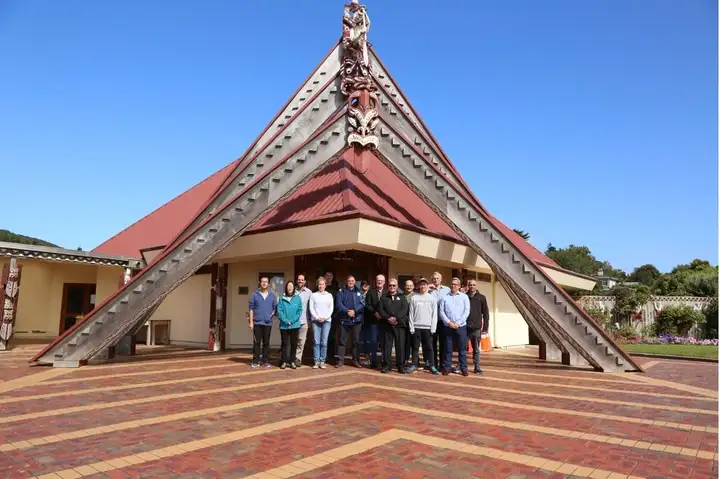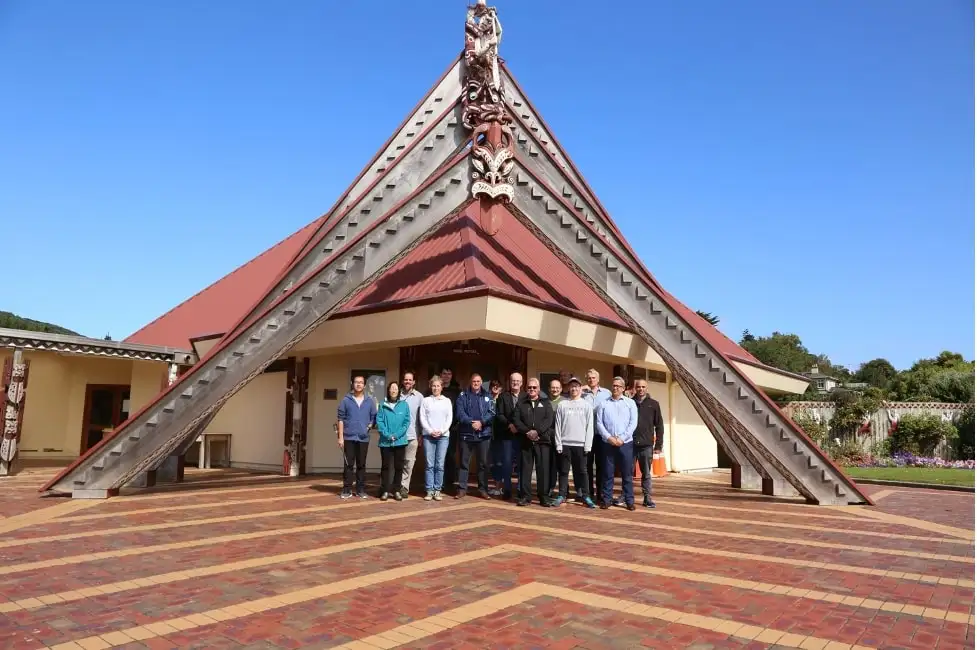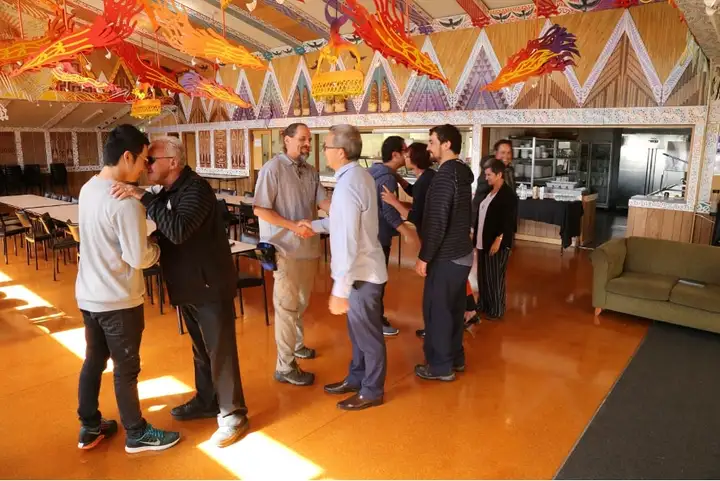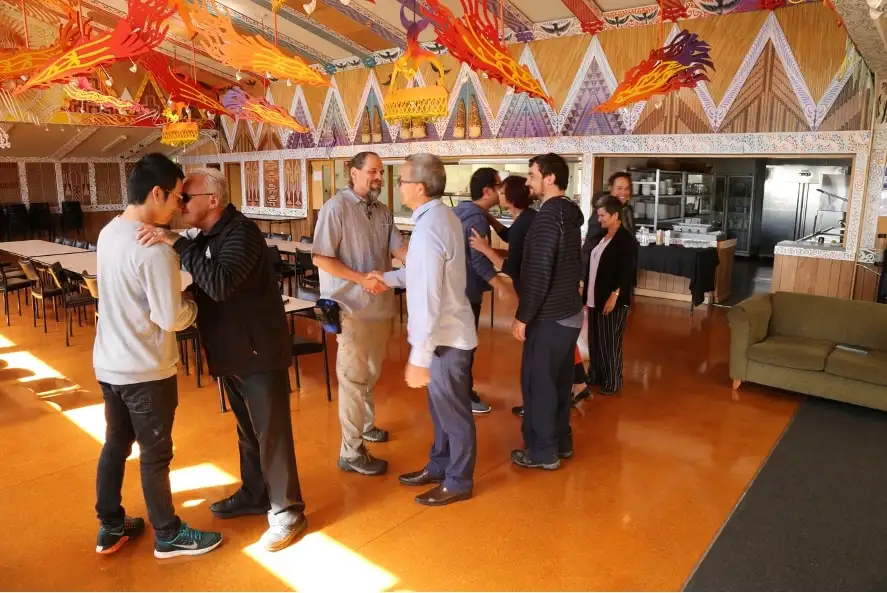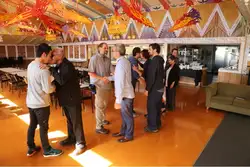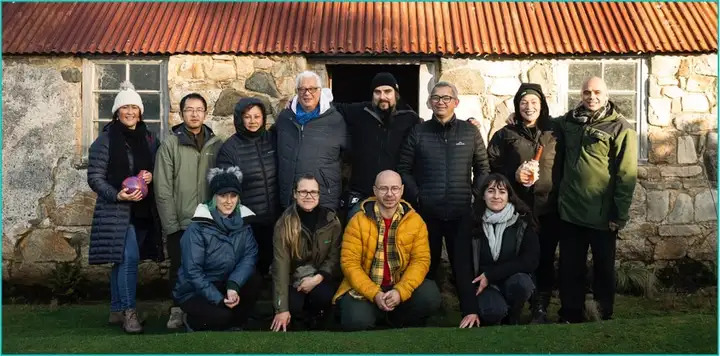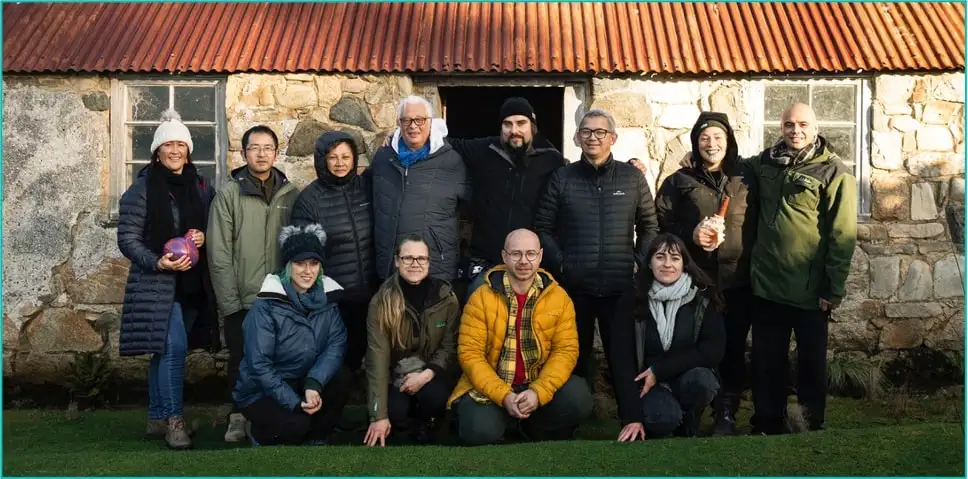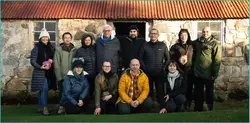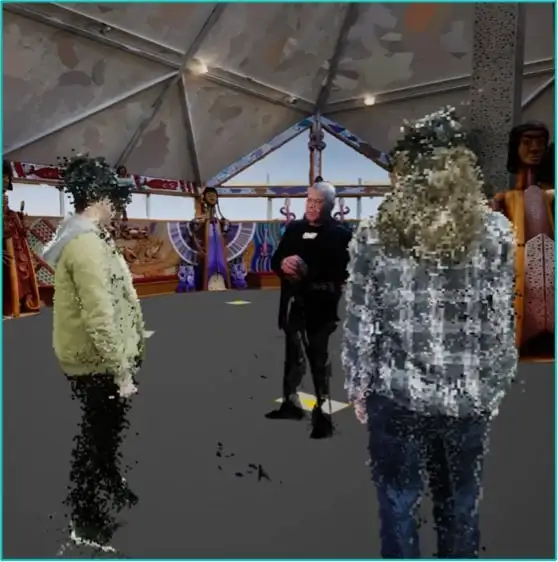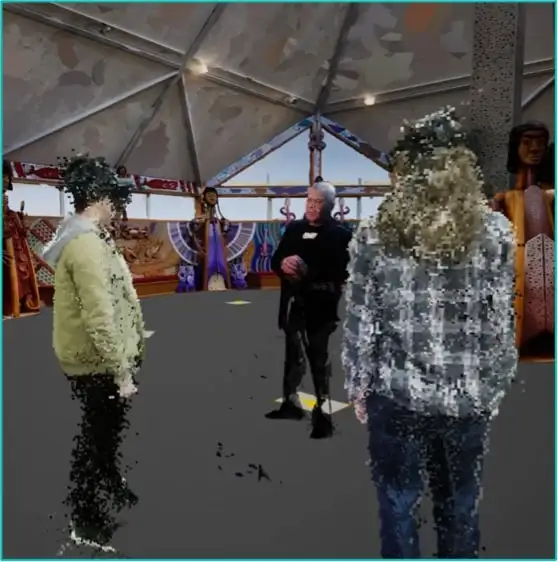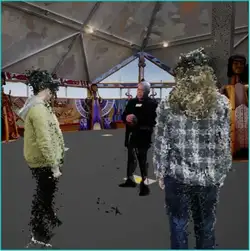Our cross-disciplinary research reflects our broad expertise. Explore our research themes.
Te reo Māori – Māori language
Our te reo Māori staff are leaders in Māori research, language revitalisation and Māori-medium education – as well as award-winning writers.
Te Pūtahi-a-Toi has long been committed to the revitalisation of te reo. In 1995, the project Toi Te Kupu investigated the lack of Māori language resources for teachers and learners and launched work to fill that gap. The first PhD written in te reo Māori in a New Zealand university was produced by the school's Dr Taiarahia Black in 2000.
Today our staff are continuing that ground-breaking work.
Key people
Read profiles of people associated with this research.
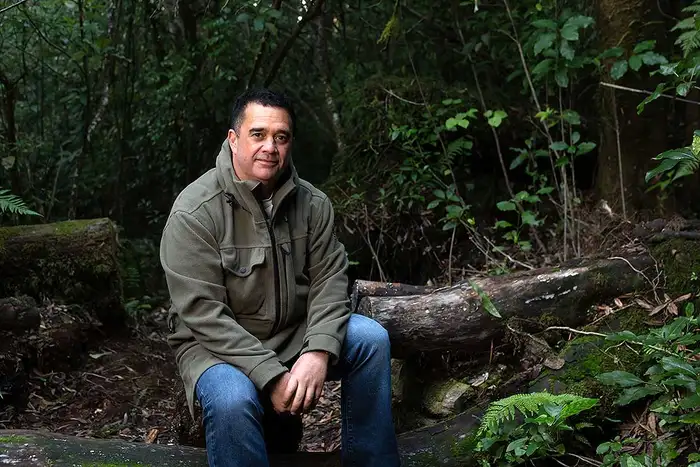
Dr Rangi Mātāmua
Rangi Mātāmua is an expert in Māori scientific knowledge, astronomy and navigation. He travels extensively throughout the country giving public lectures about Matariki and Māori astronomy. In 2023 he was named New Zealander of the Year and in 2020, he received the Prime Minister's Science Communications Prize and has been a leading proponent of making Matariki a public holiday.
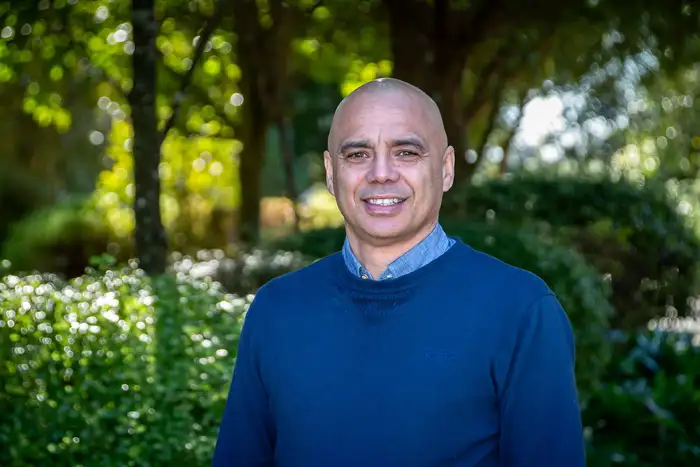
Professor Hēmi Whaanga
Hēmi Whaanga specialises in mātauranga, indigenous methodologies, linguistics and te reo Māori, ethics and technology. His background includes research, leadership and teaching, and he has contributed at disciplinary, institutional, national and international levels.
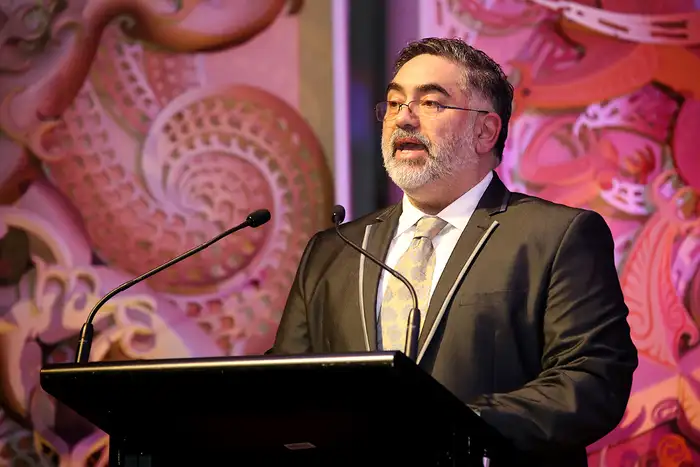
Associate Professor Darryn Joseph
An award-winning author and expert lecturer, Darryn Joseph helps students and readers grow in confidence with te reo Māori. Darryn has been writing in te reo since the early 2000s. His creative works include young adult fiction and stories for tamariki. Darryn also writes on topics such as Māori immersion education, how to compose haka, and how to write poetry in te reo Māori.
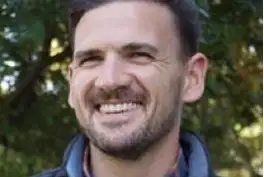
Dr Hona Black
Dr Hona Black has more than 10 years of professional experience in Māori and tertiary education. As raukura of Kura Kaupapa Māori he lectures on Te Aho Paerewa, the post-graduate diploma in teaching for Māori medium schools, and on Te Tiriti papers in Te Pūtahi-a-Toi.
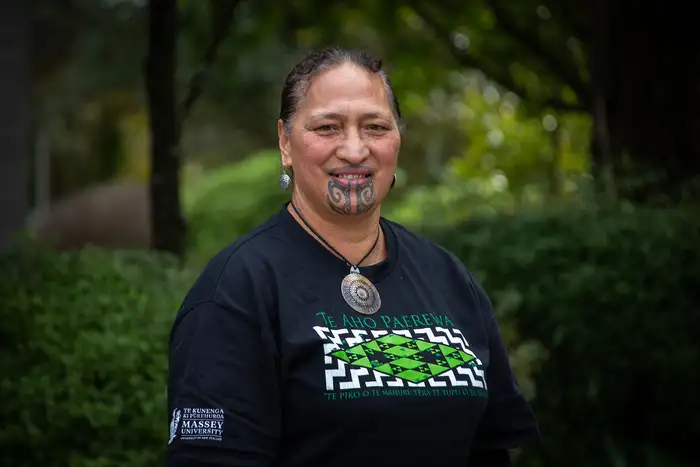
Mari Ropata-Te Hei
He Pukenga Whakaako ki roto i te hōtaka o Te Aho Tātairangi me Te Aho Paerewa, me te tohu pouako ka whakaakohia ki te reo Māori mo ngā pouako Kura Kaupapa Māori - Te Aho Matua o Aotearoa.
I tōna wā kua noho hei kaiwhakaako, kātahi hei tumuaki ki roto i tē Kura Kaupapa Māori o Te Rito , ā ki Turoa Kohanga Reo hoki.
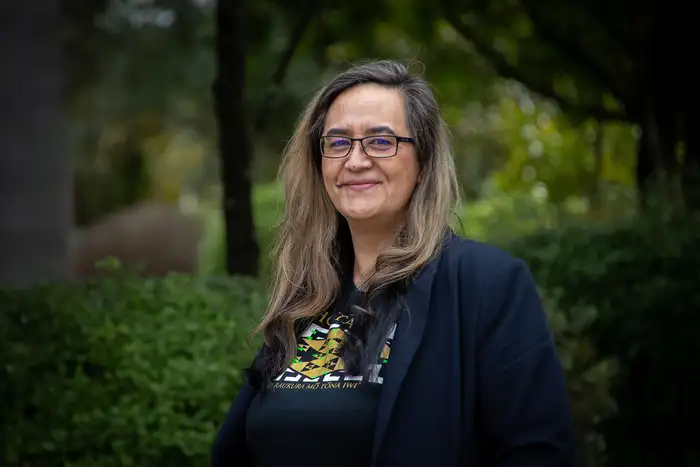
Krystal Te Rina Warren
Krystal Te Rina Warren teaches in Te Aho Tātairangi (Bachelor of Teaching Kura Kaupapa Māori) and in the politics of Māori education courses in mainstream programmes that explore the influence of protest, advocacy and resistance in Māori education. Her doctoral studies focus on tikanga Māori and the internet.
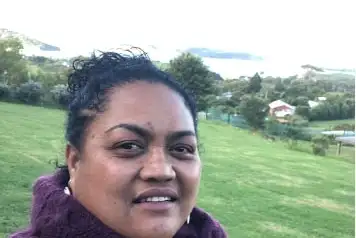
Nadell Karatea-Kokiri
Nadell Karatea-Kokiri is a lecturer in Māori education in the Te Aho Matua initial teacher education qualification programme. She has been a Teacher in a Bilingual Unit at Central Normal School, Advisor/Student Support and a National Māori Development, Learning with Digital Technologies Facilitator for CORE Education, Te Toi Tupu.
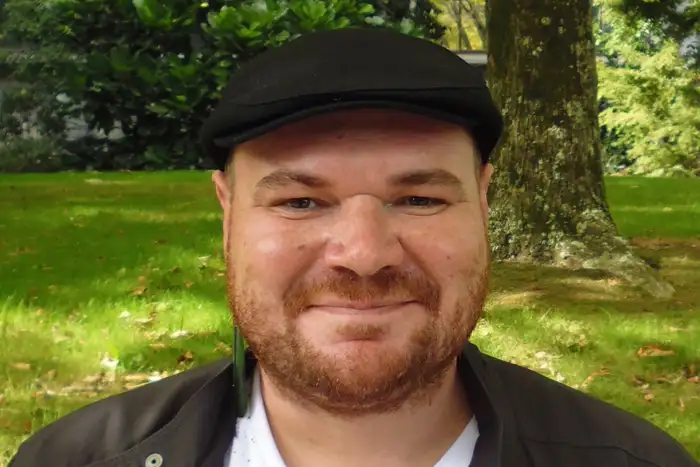
Selected projects
He Iti Te Kupu: Māori Metaphors and Similes
This book by Massey's Hona Black contains about 500 metaphors and similes to help te reo Māori speakers enrich their conversation and writing. The title reflects the proverb "The words are small, yet their meanings are substantial", which highlights the importance of these sayings to te reo Māori language learning.
Award-winning writer puts te reo first
Darryn Joseph (Ngāti Maniapoto) is an award-winning author for children and adults in te reo Māori. Through his work as a writer and a senior lecturer has nurtured the Māori language skills of his students and readers.
"Tama Tāhae Tama Ora" (2003) and "Taku Ao, Tō Mate Kanehe" (2015) both won the Pikihuia Award for best short story in Māori. Dr Joseph's picture book "Whakarongo ki ō Tūpuna: Listen to Your Ancestors" is rare in that it was written in te reo Māori, then translated into English.
Mātauranga Māori – Māori knowledge
Our school is committed to collaborative research and has a deep and enduring impact on mātauranga Māori, tikanga, Māori development, sustainability and heritage.
Our research and practice cover a broad range of disciplines and expertise. Our projects are grounded in and informed by te reo Māori, kaupapa Māori and tikanga Māori values and ethical practice.
Our current research focus is:
- tikanga in contemporary contexts
- Te Tiriti o Waitangi and Māori governance
- cultural, social and environmental sustainability
- Māori social, political, economic and whānau development
- kaitiakitanga
- information and communications technology (ICT) and immersive technologies
- digital repositories, ethics and digitisation.
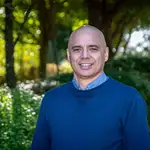
Professor Hēmi Whaanga
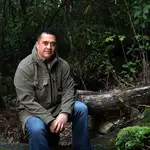
Dr Rangi Mātāmua
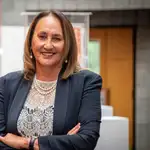
Professor Huia Jahnke
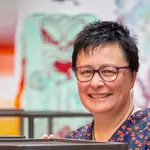
Associate Professor Margaret Forster
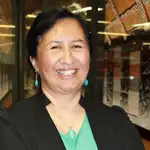
Associate Professor Fiona Te Momo
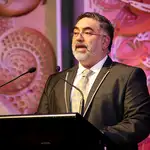
Associate Professor Darryn Joseph
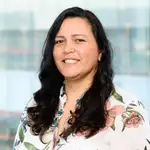
Associate Professor Pauline Harris
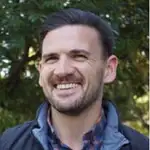
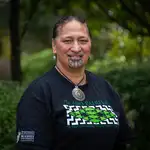
Mari Ropata-Te Hei
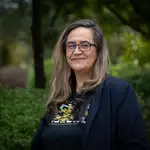
Krystal Te Rina Warren
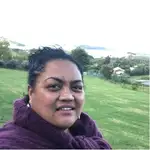
Nadell Karatea-Kokiri
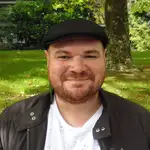
Research highlights
Ātea
The Ātea project brought together experts in tikanga and technology along with iwi, hapū and whānau from around Aotearoa to explore new ways of sharing knowledge, language and culture in the digital realm.
Using augmented, virtual and mixed realities, Ātea helps Māori interactively engage with their reo and culture. As one part of the project, the team built a VR experience that takes visitors inside the Te Rau Aroha Marae in Motupōhue Bluff.
Principal investigator: Professor Hēmi Whaanga
Funder: Science for Technological Innovation Spearhead Fund, as part of the National Science Challenges
Collaborators:
- University of Waikato School of Computing & Mathematical Sciences – Rorohiko Me Ngā Pūtaiao Pāngarau
- HIT Lab NZ at the University of Canterbury
- University of Otago's Department of Information Science – Te Mātai Mōhiohio
- Te Rūnanga o Awarua
- Te Hiku Media
- HathiTrust Research Center
The Ātea team
Key people
- Nadia Jones (Ngāti Ruanui, Ngāti Maniapoto, Ngāti Pāoa, Ngāti Tamatera), Massey University – Te Pūtahi a Toi, project manager.
- Tā Pou Temara (Tūhoe), tōhunga and advisor, technology and tikanga.
- Dean Whaanga (Ngāti Kahungunu, Ngāi Tahu, Ngāti Mamoe, Waitaha), Chair of Te Rūnanga o Awarua, research collaborator and iwi advisor.
- Bubba Thompson (Waitaha, Kāti Mamoe, Kāi Tahu, Ngāti Kahungunu ki Wairoa), Te Rau Aroha marae chairman, research collaborator and iwi advisor.
- Tiriana Anderson (Ngāti Maniapoto/Rereahu), technology and tikanga researcher.
- Libby Gray (Tama Ūpoko, Ngāti Uepōhatu, Ngāti Rēhia, Ngāti Tūwharetoa), research collaborator.
- Professor David Bainbridge, Waikato University School of Computing and Mathematical Sciences.
- Rorohiko Me Ngā Pūtaiao Pāngarau, digital repository lead.
- Associate Professor Te Taka Keegan (Waikato-Maniapoto; Ngāti Porou; Ngāti Whakaaue), Waikato University School of Computing and Mathematical Sciences.
- Rorohiko Me Ngā Pūtaiao Pāngarau, te reo and AI lead.
- Dr Paora Mato (Te Whānau-ā-Apanui, Ngāti Tūwharetoa) Waikato University Faculty of Māori Indigenous Studies, technology and tikanga researcher.
- Professor Holger Regenbrecht, University of Otago Department of Information Science – Te Mātai Mōhiohio, immersive realities lead.
- Associate Professor Steven Mills, University of Otago Department of Computer Science – Mātai Ao Rorohiko, digital reconstruction researcher.
- Noel Park, University of Otago Department of Information Science – Te Mātai Mōhiohio, doctoral student.
- Stu Duncan, University of Otago Department of Information Science – Te Mātai Mōhiohio, research assistant.
- Rosa Lutz, University of Otago Department of Information Science – Te Mātai Mōhiohio, research assistant.
- Laurie Lloyd-Jones (Ngāi Tūhoe), University of Otago Department of Information Science – Te Mātai Mōhiohio, master's student.
- Kerian Varaine, University of Otago Department of Information Science – Te Mātai Mōhiohio, research assistant.
- Dr Rory Clifford (Kāi Tahu, Kāti Māmoe), University of Canterbury HIT Lab NZ, post-doc.
- Kris Tong, University of Canterbury HIT Lab NZ, doctoral student.
- Kimiora Whaanga (Ngāti Kahungunu, Ngāi Tahu, Ngāti Mamoe, Waitaha), intern.
- Petera Hudson (Whakatōhea), intern.
- Maija Stephens (Ngāti Kahungunu, Rongomaiwahine, Ngāti Rangi), intern.
Publications
Duncan, S., Park, N., Ott, C., Langlotz, T., & Regenbrecht, H. (under revision). Voxel-based Immersive Mixed Reality: A Framework for Immersive Storytelling. submitted to Presence-Virtual and Augmented Reality. MIT Press, New York.
Ott, C., Park, N., Varaine, K., & Regenbrecht, H. (under revision). An Exploratory Study on Non-technical User Perceptions of Reconstructed Room Impulse Responses in Virtual Reality.
Park, J. W. N., Mills, S., Whaanga, H., Mato, P., Lindeman, R. W., & Regenbrecht, H. (2019). Towards a Māori Telepresence System. In 2019 International Conference on Image and Vision Computing New Zealand (IVCNZ) (pp. 1-6). IEEE.
Park, N., Regenbrecht, H., Duncan, S., Mills, S., Lindeman, R. W., Pantidi, N., & Whaanga, H. (2022). Mixed reality co-design for indigenous culture preservation & continuation. In 2022 IEEE Conference on Virtual Reality and 3D User Interfaces (VR) (pp. 149-157). IEEE.
Regenbrecht, H., Park, N., Duncan. S., Mills, S., Lutz, R., Lloyd-Jones, L., Ott, C., Thompson, B., Whaanga, D., Lindeman, RW., Tong, K., Clifford, R., Jones, N., Mato, P., Keegan, TT, and Whaanga, H. (2022). Ātea Presence—Enabling Virtual Storytelling, Presence, and Tele-Co-Presence in an Indigenous Setting. IEEE Technology and Society Magazine, 41(1), 32-42.
Tong, L., Jung, S., Li, R. C., Lindeman, R. W., & Regenbrecht, H. (2020). Action units: Exploring the use of directorial cues for effective storytelling with swivel-chair virtual reality. In 32nd Australian Conference on Human-Computer Interaction (pp. 45-54).
Tong, L., Lindeman, R. W., & Regenbrecht, H. (2022). Adaptive Playback Control: A Framework for Cinematic VR Creators to Embrace Viewer Interaction. Frontiers in Virtual Reality, 2, 798306.
Tong, L., Lindeman, R. W., & Regenbrecht, H. (in progress, unpublished). Apply Cinematic Virtual Reality with Personalization to Māori Storytelling
Tong, L., Lindeman, R. W., & Regenbrecht, H. (2021). Viewer’s Role and Viewer Interaction in Cinematic Virtual Reality. Computers, 10(5), 66.
Whaanga, H., Mato, P. & Keegan, T. T. (2021). Project Ātea – designing and developing Māori digital space. In He Pou Hiringa: Grounding science and technology in te ao Māori. BWB.
Whaanga, H., Lewis, J., & Brown, M. (in press). Relation-Oriented AI -Why Indigenous protocols matter. In Debates in the Digital Humanities 2021. University of Minnesota Press.
Whaanga, H., & Mato, P. (2021). The Indigenous Digital Footprint. In B. Hokowhitu, A. Moreton-Robinson, L. Tuhiwai-Smith, C. Andersen & S. Larken (Eds.), Handbook of Indigenous Studies (pp. 447-464). London; New York: Routledge.
Tātai arorangi – Māori astronomy
Our staff are nationally and internationally recognised leaders and experts in Māori astronomy, Matariki, lore and practice.
Led by Professor Rangi Mātāmua, Associate Professor Pauline Harris and Professor Hēmi Whaanga, our team is part of a broader movement to reclaim and regenerate Indigenous astronomical knowledge.
Our ground-breaking research helped to establish a world-first Indigenous public holiday, "Te Rā Aro ki a Matariki", that recognises mātauranga Māori, te ao Māori and Matariki as core elements of our national identity.
Key people

Dr Rangi Mātāmua

Associate Professor Pauline Harris
Selected projects
Ngā Takahuringa ō te Ao
Principle investigator: Dr Pauline Harris
Associate investigator: Dr Rangi Mātāmua
Funder: Marsden
This study aimed to assess and address the impact of climate change on Māori communities by investigating the celestial, environmental and ecological knowledge contained in maramataka, or traditional Māori calendars.
The gathered and described a complex range of information and contextualised it within a Māori worldview and a maramataka framework. They conducted wānanga, interviews and surveys and created an online resource to collect data. Their research is a substantial contribution to the growing interest in maramataka.
Te Mauria Whiritoi
Principle investigator: Dr Rangi Mātāmua
Associate investigators: Dr Hēmi Whaanga and Dr Pauline Harris
Dr Ann Hardy (University of Waikato) and Dr Kaliko Baker (University of Hawai‘i at Manoa)
Funder: Marsden
This project examined Māori beliefs, practices and observations in relation to astronomy, ecology and ritual. Using archaeoastronomy, cultural astronomy, oral history, semi-structured interviews, surveys, wānanga and environmental observations, our collaborative team investigated how astronomy affects ritual practice and is influenced by ecological and societal change.
Ringihia i te ketenui a Tāne
Principle investigator: Dr Rangi Mātāmua
Funder: Ngā Pae
This project explored how Māori astronomy is embedded within the linguistic record and linguistic landscape of Aotearoa, and how this knowledge can be reintroduced into a modern society.
Publications
- Harris, P. Whaanga, H. & Mātāmua, R. (2020). Māori astronomy in Aotearoa-New Zealand. In B. Jones (Ed.), Yearbook of Astronomy 2021(pp. 322-334). White Owl: Philadelphia.
- Harris, P. (2020). Listen to the land. Science learning hub - https://www.sciencelearn.org.nz/resources/2940-listening-to-the-land
- Harris, P., Matamua, R., Smith, T., Kerr, H., & Waaka, T. (2013). A review of Māori astronomy in Aotearoa-New Zealand. Journal of Astronomical History and Heritage, 16(3), 325-336.
- Matamua, R. (2021). The Science of Māori Astronomy: A journey into the stars. In J. Ruru & L.W. Nikora (Eds.), Ngā Kete Mātauranga: Māori scholars at the research interface (pp 182-191). Otago University Press.
- Matamua, R. (2017). Matariki te whetū tapu o te tau. Huia Publishers: Wellington. https://huia.co.nz/products/matariki-te-whetu-tapu-o-te-tau
- Matamua, R. (2017). Matariki: reintroducing the tradition of Māori New Year celebrations. The Conversation. June 30, 2017. URL: https://theconversation.com/matariki-reintroducing-the-tradition-of-maori-new-year-celebrations-79661
- Matamua, R. (2017). Matariki the star of the year. Huia Publishers: Wellington. https://huia.co.nz/products/matariki-the-star-of-the-year
- Matamua, R., Harris, P., Kerr, H. (2013). Māori Navigation in New Zealand Astronomical Society Yearbook 2013. Auckland: Stardome Observatory Planetarium.
- Matamua, R., Kamo, M. (2022). Matariki Around the World: a Cluster of Stars, a Cluster of Stories. Scholastic New Zealand Limited: Auckland.
- Tuahine, H., Whaanga, H. & Matamua, R. (2016). He purapura whetū tō te whakataukī. Te Kōtihitihi, 3, 42-50.
- Tuahine, H., Whaanga, H. & Matamua, R. (2016). Te Whānau Mārama. Te Kōtihitihi, 3, 32-41.
- Whaanga, H. & Matamua, R. (2016). Matariki tāpuapua: Pools of traditional knowledge and currents of change. In M. Robertson, & P. K. E. Tsang (Eds.), Everyday knowledge, education and sustainable futures: Transdisciplinary research in the Asia/Pacific Region (pp. 59-70). Springer: Singapore.
- Whaanga, H., Harris, P., & Matamua, R. (2020). Māori Astronomy. NZ Science Review. 76(2), 13-19.
Social media
Professor Rangi Mātāmua on Tiktok
Professor Rangi Mātāmua on Instagram
Join Dr Mātāmua as he shares his knowledge around Māori astronomy and Matariki on the Living by the Stars website and Facebook page.
Toi Kura – Education and kaupapa Māori initial teacher education
Toi Kura provides kaupapa Māori research in te reo Māori and English on a range of areas in contemporary education. They include:
- classroom-based enquiry
- language acquisition strategies
- te reo Māori and artificial intelligence
- pedagogy and curriculum
- place-based education
- education policy
- school leadership
- innovation
- critical studies.
Our research contributes to the kaupapa Māori immersion teacher preparation programmes and teacher education courses for English medium schools.
Key people

Professor Huia Jahnke


Mari Ropata-Te Hei
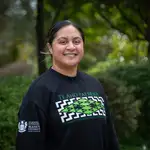

Krystal Te Rina Warren

Nadell Karatea-Kokiri
Presentations
Sustaining te reo Māori through initial teacher education.
Toi Kura staff and postgraduate students present a webinar to Nordic academics, including Sami People from the Arctic University of Norway.
Indigeneity and higher education
Humanities and social sciences research news
Massey projects awarded Teaching and Learning Research Initiative funding
The Teaching and Learning Research Initiative (TLRI) has announced the successful recipients of its latest funding round.
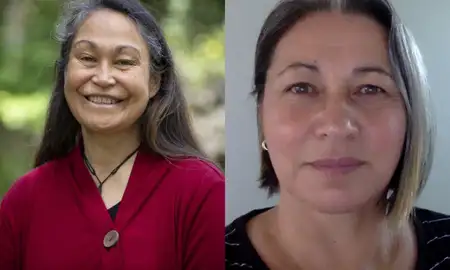
Transforming Wellington the aim of new field guide
A field guide to transforming Wellington into a sustainable place of wellbeing for people and the environment is being produced by the School of People, Environment and Planning.
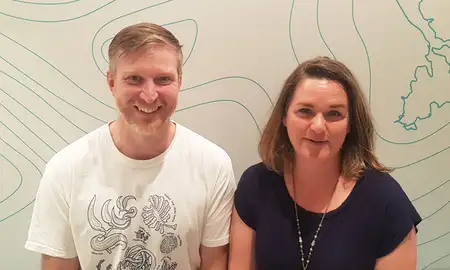
First Pacific Clinical Psychology graduate hopes to encourage other Pacific scholars
Dr Rochelle Nafatali last week became Massey’s first Pacific Doctor of Clinical Psychology graduate. She hopes to play a part in encouraging other Pacific scholars to take their place in psychology.
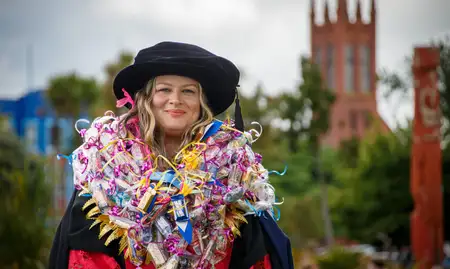
Research project on menstruation tracking apps will look at user experience
The way that menstruation tracking apps shape our sense of self and our bodies is the subject of a new research project.
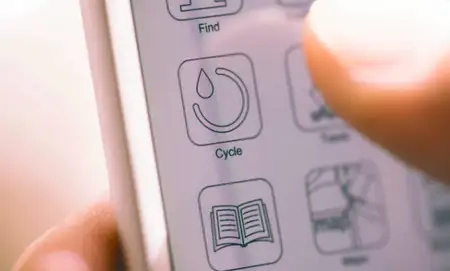
Related content
Te Pūtahi-a-Toi
Te Pūtahi-a-Toi produces graduates and research inspired by te ao Māori (the Māori world).
Māori @ Massey
Welcome to Māori @ Massey, the place to connect to all things Māori at Massey University.
Postgraduate study
If you want to study at an advanced level, get ahead and expand your knowledge, a postgraduate qualification is for you.
